Keywords: Australian Church
There are more than 200 results, only the first 200 are displayed here.
-

FAITH DOING JUSTICE
- Andrew Hamilton
- 11 January 2022
3 Comments
The debate about quotas based on gender has been well canvassed. The wider issues raised about merit and meritocracy, however, merit further reflection. Far in the background to both conversations lies a sophisticated body of reflection on merit among Christian theologians.
READ MORE
-
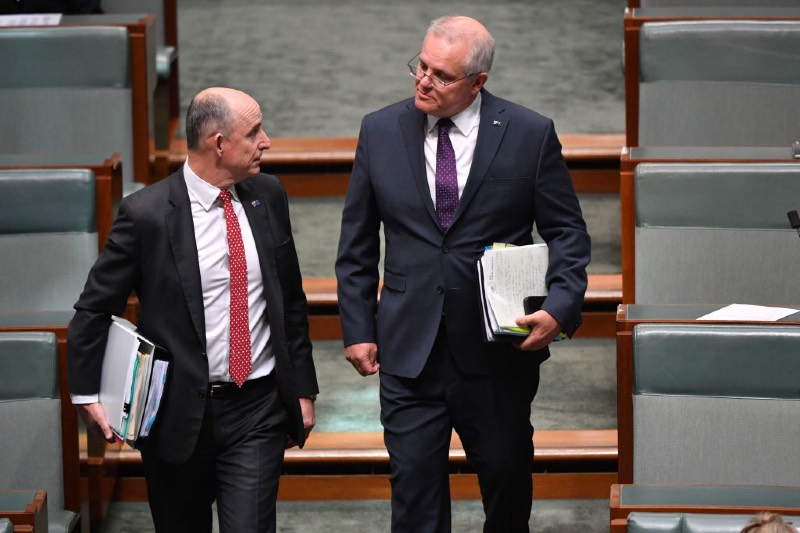
MEDIA
- Anthony N Castle
- 04 January 2022
5 Comments
At this point, the media cycle is mostly internal, and while the media is talking to itself, Scott Morrison is talking to a rapidly growing base with significant resources. The devil isn’t in the headline here, the devil is in the detail, in the appeal itself.
READ MORE
-
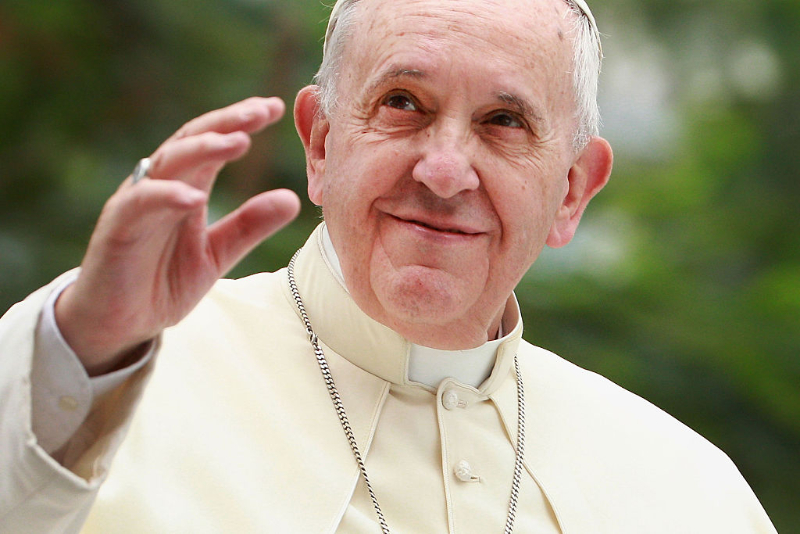
RELIGION
- Miles Pattenden
- 16 December 2021
29 Comments
Pope Francis turns eighty-five this week. His pontificate has seen him emerge from obscurity in Argentine Church politics to become, late in life, a global cultural icon and one of the most popular popes in living memory. Over the past nine years he has invigorated the Church and, according to papal biographer Austen Ivereigh, has made the papacy ‘much more human, much more accessible, much less remote’.
READ MORE 
-
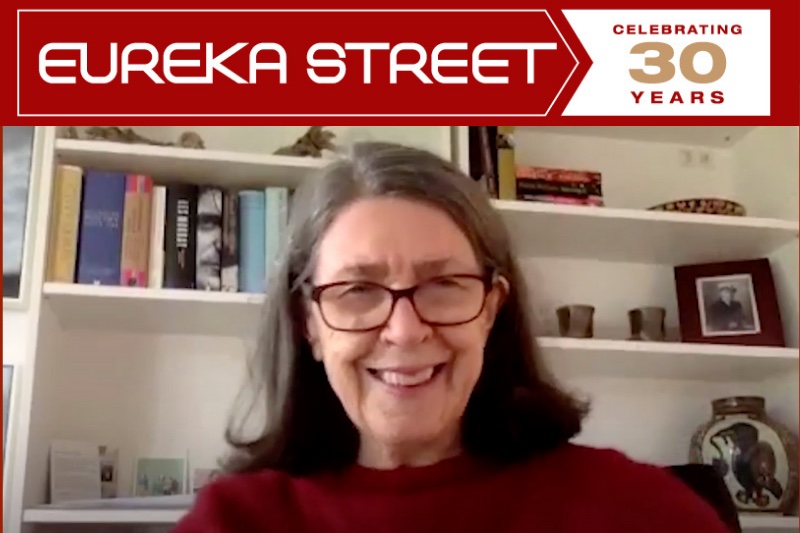
MEDIA
- David Halliday
- 16 December 2021
4 Comments
As part of the 30th anniversary of Eureka Street, we're running conversations with the team who first started the publication in 1991, alongside various people who have played a part in the Eureka Street story. In this video, Eureka Street editor David Halliday speaks with Morag Fraser.
READ MORE 
-

RELIGION
- John Warhurst
- 14 December 2021
31 Comments
Synodality confronts the traditional practice of hierarchy within the church. When the ACBC responded last December to The Light from the Southern Cross report, which promoted synodality and co-responsible governance, it re-stated its position that hierarchy was embedded in the church’s approach to governance. This immediately set up a potential tension between episcopal authority and participation in governance by the People of God.
READ MORE 
-
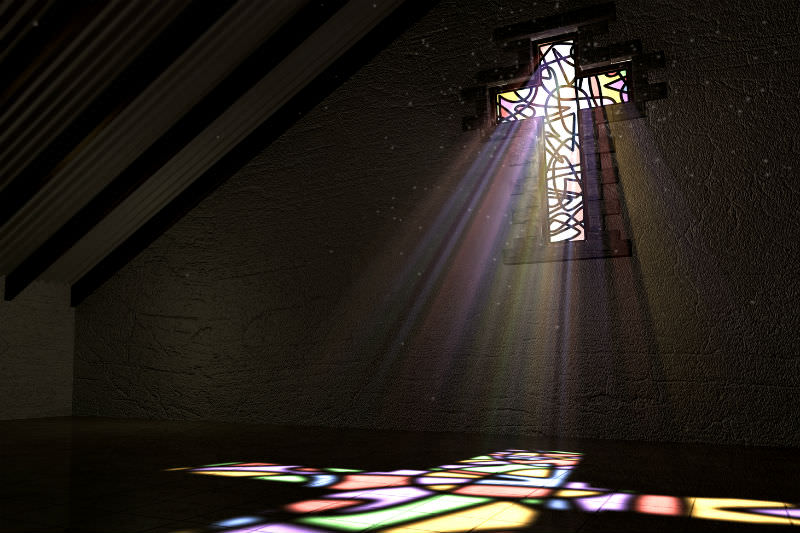
RELIGION
- John Warhurst
- 02 December 2021
72 Comments
Church and state are confronting one another right now over the federal freedom of religion bill and the Victorian anti-discrimination bill. Whenever such confrontation occurs it reveals our priorities. We define our identity by what we choose to fight for hardest.
READ MORE 
-

AUSTRALIA
- Frank Brennan
- 29 November 2021
17 Comments
On Thursday, three Bills were introduced to the House of Representatives: the Religious Discrimination Bill 2021, the Religious Discrimination (Consequential Amendments) Bill 2021, and the Human Rights Legislation Amendment Bill 2021. Collectively, these bills constitute the Morrison Government’s response to the Ruddock Religious Freedom Review provided to government in May 2018.
READ MORE 
-
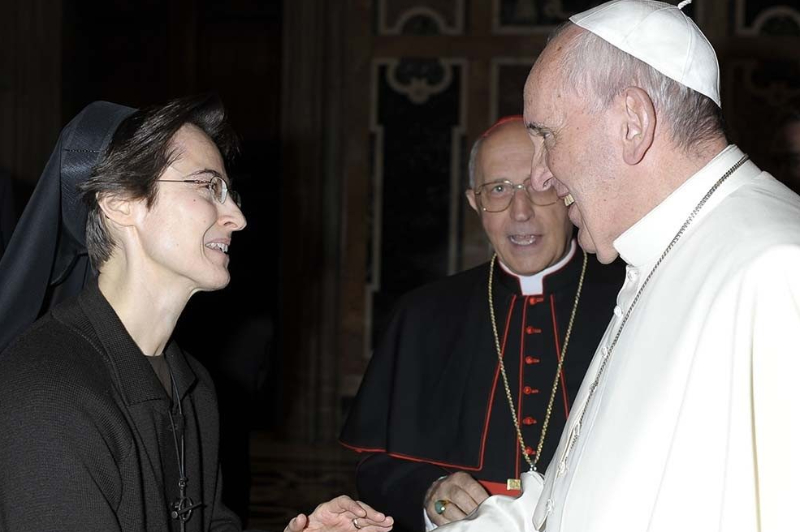
RELIGION
- Andrea Dean
- 18 November 2021
74 Comments
It’s good news to see women being appointed to significant roles within the Catholic Church, including several recent appointments of women to important positions in the Holy See. In early November Pope Francis appointed Sr Raffaella Petrini as secretary-general of the Vatican’s governorate.
READ MORE 
-
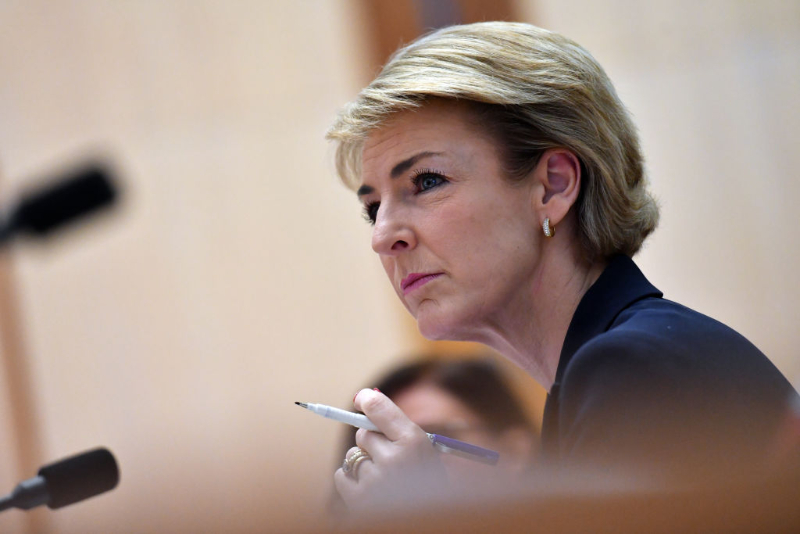
AUSTRALIA
- Frank Brennan
- 17 November 2021
63 Comments
It’s four years since the Australian Parliament amended the Marriage Act 1961 to provide that marriage means ‘the union of two people to the exclusion of all others’. The legislation followed the plebiscite on same sex marriage. To address the concerns of some religious groups, Prime Minister Malcolm Turnbull set up an expert panel chaired by long time Liberal Party minister Philip Ruddock to report on whether Australian law adequately protected the human right to freedom of religion.
READ MORE 
-

RELIGION
- Geraldine Doogue
- 15 November 2021
61 Comments
How do I assess our Plenary Council thus far? Or make sense of its related word-of-the-moment, synodality? With apologies to Churchill, dare I hope it is the ‘end of the beginning’? But of what precisely? A priest-friend distilled the challenge rather well last week to me: what would success look like?
READ MORE 
-
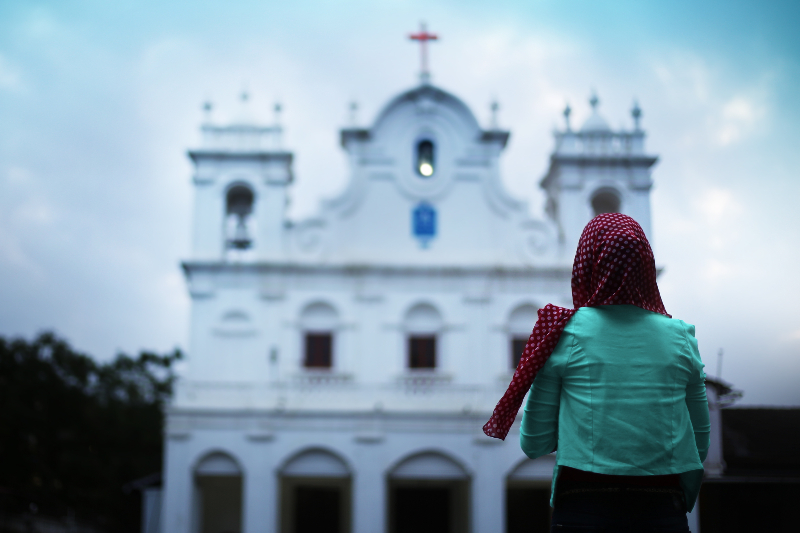
RELIGION
- Michael Furtado
- 11 November 2021
101 Comments
Every Australian diocese and parish already has its particular subcultural identity that inflects its liturgy. Celebration, being the authentic hallmark of a liturgy that reflects identity, must keep pace with a theology that also incorporates the diverse cultural space that the young inhabit.
READ MORE 
-

RELIGION
- John Warhurst
- 28 October 2021
23 Comments
Ten days after the conclusion of the first Assembly of the Plenary Council each member was sent an Evaluation Form to complete. As well as reflecting on our experience we were asked to consider how we would complete the phrase ‘It would have been good if…’. The authorities told us that our responses would help to plan the second Assembly.
READ MORE 